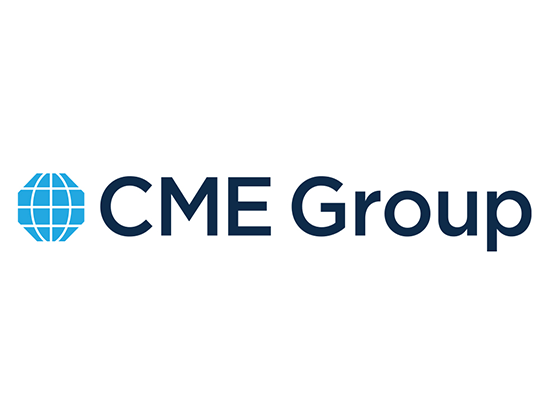Here at Beeks we would say that hybrid cloud, combining private and public cloud utilisation, is already a reality for most organisations in the financial sector and beyond.
Not only that, but hybrid cloud is set to endure for the foreseeable future for financial institutions, for whom performance, capacity, compliance and security are vital ingredients in their computing mix.
This is because, while public cloud environments are becoming increasingly secure, the level of confidence and control required by financial organisations will continue to be too great for public cloud providers to provide in the short and medium term.
For now, just as you wouldn’t put your collection of artistic masterpieces into Big Yellow Storage, neither would you put your ‘crown jewels’ of financial applications onto the public cloud.
Performance and flexibility
Nevertheless public cloud resources can be adopted for certain types of analytical processing. A private cloud network with direct and secure connectivity to the public cloud can ensure cost-effective low latency, as well as enhanced flexibility. Processes can be moved dynamically between environments according to the mission critical profile of the workload.
Stepping towards Digital Transformation
Despite the inexorable march towards the cloud in other areas of enterprise functionality, many traditional financial environments are still reliant on their on-premise resources, with migration to the cloud taking place gradually, as security and regulatory conditions demand.
For many institutions a transition to hybrid cloud represents a secure and convenient way to operate between legacy infrastructure and a move towards digital transformation. Migrations to private cloud arrangements, either within the company’s existing data centre, or co-located into a more suitable geographical location, ease the path to cloud utilisation whilst increasing performance, security and cost-effectiveness.
Hybrid cloud costs
There is nothing particularly futuristic about paying for cloud services as-you-go: this is also a current reality for most public cloud provision.
However in financial sectors more used to funding proprietary on-premise platforms, the notion of subscribing to a ready-made, outsourced hybrid cloud whose connectivity, security and performance is guaranteed, is an attractive way forward.
Applying the subscription model in this context, and absorbing the operational cost, enables rapid business growth, cost reduction and future sustainability.
Multi-cloud reality
Enterprise systems always run better on their native cloud, so growing accustomed to running cloud environments side by side is another aspect of cloud computing that is already in our midst.
Hybrid cloud provides a single network environment, ideally with multiple low latency connections, that gives a dynamic experience of enterprise tools such as Office 365, Oracle HR, Salesforce and Xero that run best on Azure, Oracle, Google and AWS respectively.
Read more about how hybrid cloud architecture works here. [Internal link to how hybrid cloud works.
Beeks’ offering
Beeks is the future of hybrid cloud for financial institutions with our Infrastructure as a Service offering.
As specialists in the technical infrastructure underpinning capital markets trading Beeks Group is highly experienced and knowledgeable about all the different permutations of private, public and hybrid cloud capabilities, and how far these are suitable for the needs of financial institutions.
We offer uncompromisingly secure, private, high-performance, and guaranteed hybrid cloud Infrastructure as a Service all around the globe. We can accommodate exclusive, single-tenant security requirements, replication of hosting, cost-effective services, flexibility and choice, to ensure a sustainable future for our clients.

